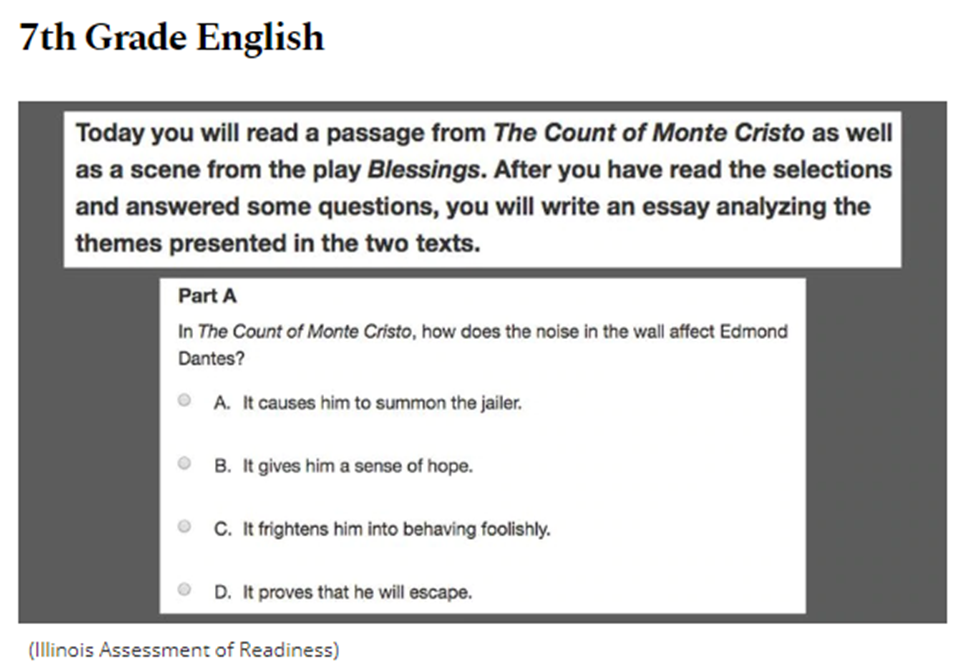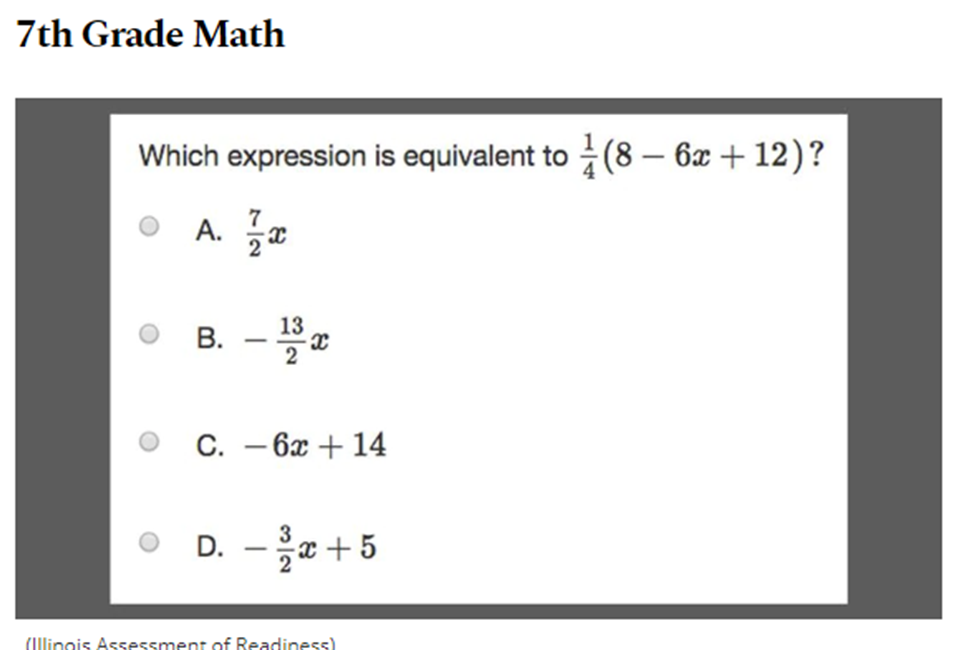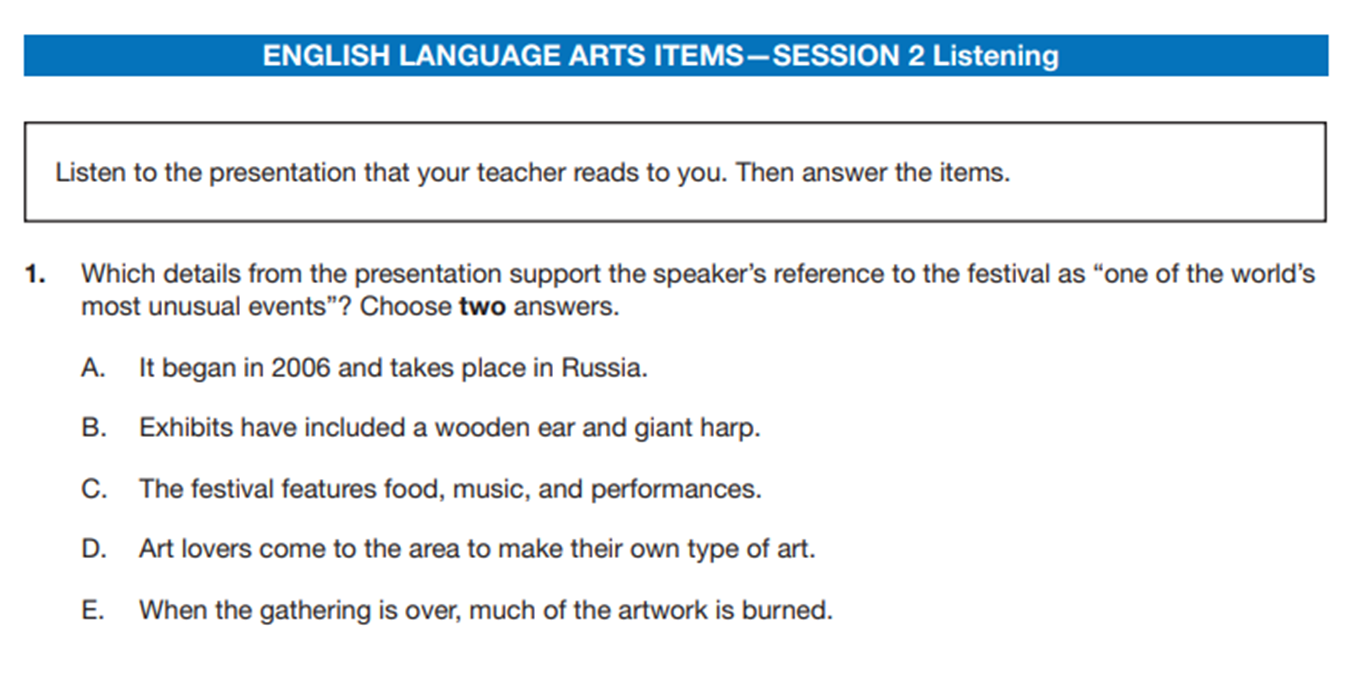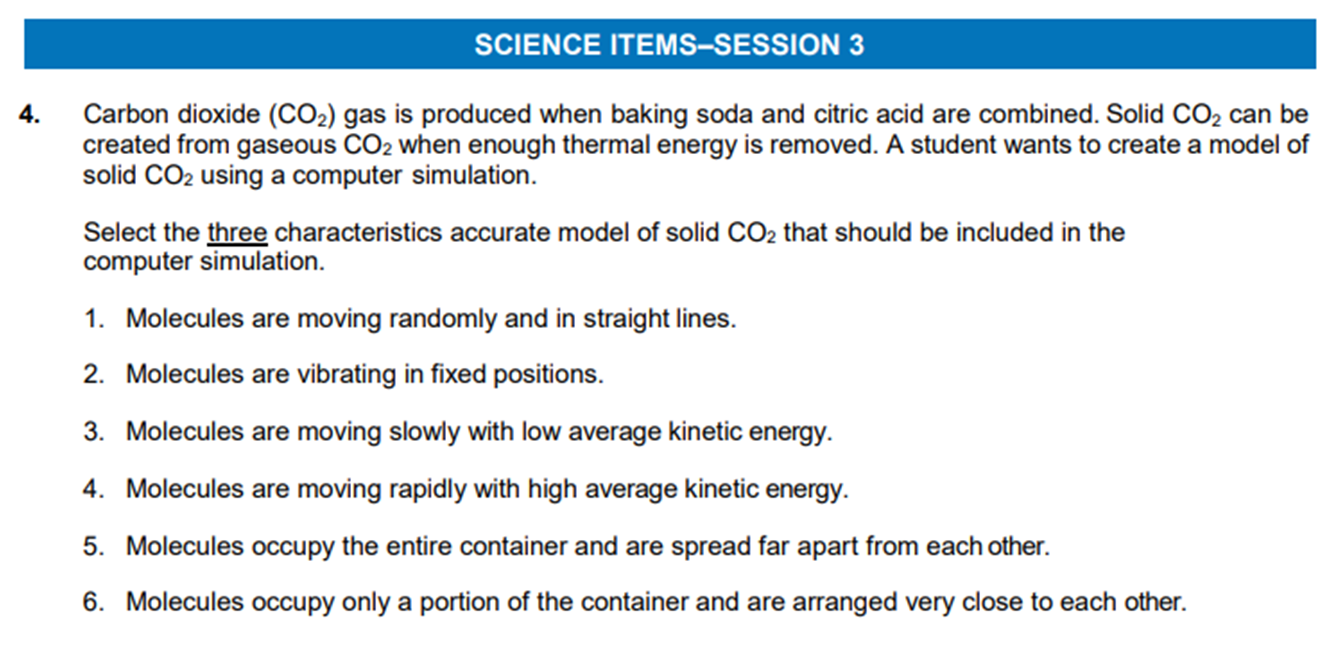3 Ways to Prepare Students for State Standardized Testing
CategoriesIt’s almost that time of the year again… Whether your students are in Illinois taking the IRA, in Massachusetts for the MCAS, in Washington for the Smarter Balanced Assessments, or anywhere else in the nation, outlined below are three ways you can help them feel ready to ace the upcoming state standardized assessments.
1. Practice Stress Management
While moderate levels of stress and anxiety are normal and can even be helpful for learning, chronic stress can be detrimental for brain functioning. Help students understand the link between stress and test performance with this 5-minute TED Ed animated video.
During the weeks leading up to your testing window, take a few moments each day to teach (and practice) self-calming and stress management strategies with your students. You will empower your students to independently manage strong emotions associated with stress and test anxiety proactively while creating a peaceful testing environment. Below are links to my favorite go-to strategies:
In addition, this article by TeensHealth provides more information about test anxiety and includes three guided breathing exercises to practice with students.
2. Familiarize Students with the Test Format
From selected and constructed response items to performance tasks, a variety of questions are likely to appear on the state tests. Help diminish uncertainty and increase confidence by familiarizing students with the overall format of the test and the types of questions they will be expected to complete.
Sometimes it takes a bit of searching, but sample test items are available on many of the individual state governments’ and/or on individual school districts’ webpages.
For example, this link will take you to the Illinois Assessment of Readiness (IAR) Digital Item Library. Select the subject and grade level you’re interested in to preview a comprehensive list of relevant test items. Below are a couple examples of what a seventh grader in Illinois might encounter on the state assessments.

Image: https://www.chicagotribune.com/lifestyles/ct-life-iar-parcc-state-testing-20190227-story.html

Image: https://www.chicagotribune.com/lifestyles/ct-life-iar-parcc-state-testing-20190227-story.html
The Wisconsin Department of Public Instruction provides an online training of the same format as the state required Forward Exam. The training essentially provides a dress rehearsal of the exam by having students practice logging in and selecting an appropriate testing session, responding to test items, and utilizing testing tools (such as calculators and highlighters). What a great opportunity for students to become more comfortable with the online testing environment before the testing window opens. Below are a few sample items that eighth graders might see on the state test in Wisconsin.


Image: https://dpi.wi.gov/sites/default/files/imce/assessment/pdf/Science_Grade_8_Sampler.pdf
3. Encourage Healthy Habits
Nutrition, exercise, and sleep are all factors that affect our dynamic brains – for better or for worse. Because the human brain is comprised of 73% water, even mild dehydration can affect attention, memory and other cognitive skills that students depend on for taking tests.
Encourage students to stay hydrated by drinking plenty of water and to fuel their brains with a nutritious breakfast on testing day. According to the Academy of Nutrition and Dietetics, eating a nourishing breakfast improves brain function, enabling students to perform better in school. (Retelny, 2018) From breakfast wraps to protein shakes, this article features dietitian-recommended breakfast foods and recipes known for maintaining energy levels throughout the morning and combating mental fatigue and mid-test exhaustion. In addition, Dr. Sawchuk of Mayo Clinic urges students to avoid sugary drinks and caffeinated beverages, which can spike one’s blood sugar and increase symptoms of test anxiety. For optimal testing performance, students are also encouraged to get regular aerobic exercise and to consistently get 8-11 hours of solid sleep at night. (Sawchuk, 2017)
Finally, take confidence in all the hard work you and your students have put in this school year. You’ve set them up for success – they’re ready. Best wishes this standardized testing season!
Sources
https://www.princetonreview.com/college-advice/test-anxiety
https://www.mayoclinic.org/diseases-conditions/generalized-anxiety-disorder/expert-answers/test-anxiety/faq-20058195
https://www.eatright.org/food/nutrition/healthy-eating/5-reasons-your-teen-needs-breakfast
Here are a few classes related to this topic:
 FIND YOUR CENTER! Bundle - 5 Courses/15 Credits
FIND YOUR CENTER! Bundle - 5 Courses/15 Credits
 Diversity, Equity, Inclusion, and Belonging (DEIB) in Education
Diversity, Equity, Inclusion, and Belonging (DEIB) in Education
 Anxiety Awareness: Strategies to Improve Student Well-being and Performance
Anxiety Awareness: Strategies to Improve Student Well-being and Performance